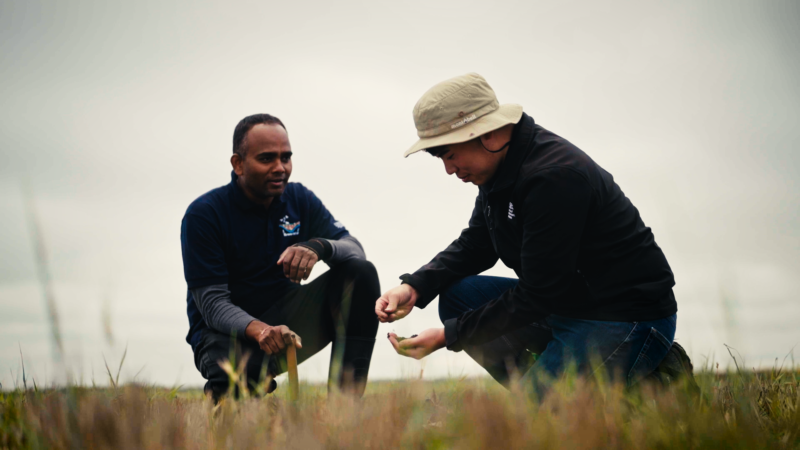
CANZA’s research indicates that climate-smart agriculture is a promising method of farming for many production systems in Canada, as it improves agricultural productivity and resilience, as well as returns carbon from the atmosphere back into the soil where it belongs, which is good for the planet.
Moving to sustainable or regenerative practices can involve a transition period of risk, learning, and new start-up costs, but governments and industry can support this transition period with funding, training, and risk management initiatives. In the long term, farmers could benefit from the sale of carbon credits as an additional source of income in the production of food.

The first step in accessing the climate-smart farming opportunity is to develop a regionally representative, low-cost, and scalable monitoring, measurement, reporting, and verification (MRV) framework for quantifying environmental outcomes of climate-smart practices, as well as enabling agri-food corporations to report these outcomes as part of their Scope 3 emissions inventory – supporting their ESG goals.
CANZA has embarked on the design, development and in-field testing of new, cutting edge MRV tools that can facilitate Scope 3 emissions claims, insets, offsets, and other environmental initiatives across Canada’s agriculture and agri-food value chains. Starting with a pilot project in Saskatchewan, CANZA, alongside soil science teams at the University of Guelph and the University of Saskatchewan, will evaluate new monitoring and measurement tools according to several key performance indicators, like accuracy or replicability, uncertainty, cost, and ease of use.
In 2023, CANZA initiated its first pilot project in Saskatchewan, in partnership with Hebert Grain Ventures (Kristjan Hebert), with a focus on developing inexpensive, accurate, and simple, but innovative, tools and processes that could make monitoring and estimating soil carbon sequestration a more tractable activity. High-intensity, stratified soil testing with laboratory analysis is generally considered the most accurate method of assessing soil carbon; however, several new tools have been gaining traction in the soil carbon measurement space.

Once the tools and MRV processes have been trialed and calibrated through the Saskatchewan pilot, the Climate-Smart Farming Initiative will scale up to a series of 5 to 8 validation and demonstration projects, with the goal of adapting the tools to new contexts to develop a nationally-relevant, low-cost, and easy to use MRV system built in an industry-aligned fashion to facilitate emissions reductions.
While the pilot, and resulting MRV tools, will focus on soil carbon and GHG emissions in the short-term, CANZA sees a significant opportunity to develop new and more efficient MRV tools for measuring or tracking other types of environmental outcomes as well.